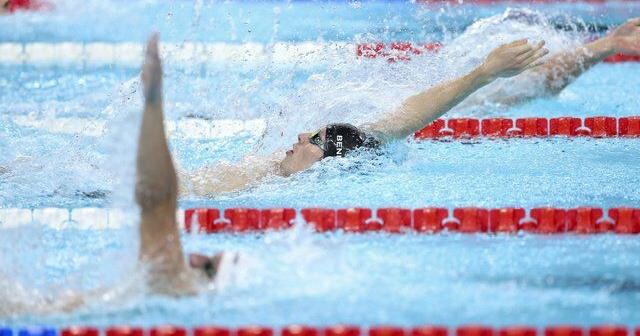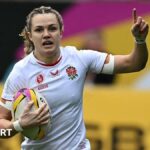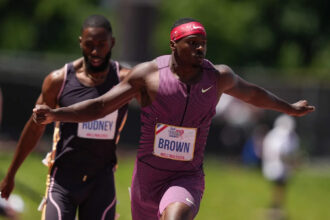In the shimmering wake of competition, Canadian para swimmers have once again proven their mettle on the global stage, bringing home bronze medals that gleam with the light of perseverance and athletic excellence.
The World Para Swimming Championships concluded yesterday with Canada’s delegation standing proudly on the podium, their bronze medals a testament to years of rigorous training and unwavering dedication. These athletes didn’t merely compete—they transformed personal challenges into platforms for extraordinary achievement.
Nicholas Bennett, the 20-year-old phenom from Parksville, B.C., delivered a performance that will be remembered long after the ripples in the pool have settled. With powerful strokes and strategic pacing, Bennett claimed bronze in the S14 200-meter freestyle, finishing just behind swimmers from Great Britain and Brazil in a heart-pounding final that had spectators on their feet.
“The last 50 meters were about digging deeper than I ever have before,” Bennett told reporters poolside, water still dripping from his shoulders. “You don’t train countless hours to give anything less than everything when it matters most.”
What makes these achievements particularly remarkable is the context in which they occur. Para swimming doesn’t command the mainstream attention of conventional Olympic sports, despite requiring equal—if not greater—technical precision and mental fortitude. These athletes navigate not only the physical demands of elite competition but also the unique challenges presented by their disabilities.
Canadian coach Mike Thompson emphasized this point when discussing the team’s preparation. “We approach training with a philosophy that centers on adaptation and innovation,” he explained. “Each athlete requires individualized techniques that play to their specific strengths. There’s no one-size-fits-all in para swimming.”
The bronze medal performances also included a stunning showing from Danielle Dorris in the S7 50-meter butterfly. At just 24, Dorris has established herself as one of Canada’s most consistent performers, adding this bronze to an already impressive international medal collection.
“Standing on that podium represents more than just one race,” Dorris reflected. “It’s about showing younger athletes with disabilities that their dreams deserve the same respect and pursuit as anyone else’s.”
The implications of these achievements extend far beyond sports. As documented in our recent cultural analysis of adaptive sports, medal-winning para athletes significantly influence public perception of disability, challenging outdated narratives and fostering greater inclusion in broader society.
Swimming Canada’s para program has seen steady growth over the past decade, with increased funding and more sophisticated training facilities contributing to international success. However, athletes and coaches alike point to persistent gaps in support compared to conventional swimming programs.
“We’ve made tremendous strides,” noted Katarina Roxon, another Canadian medal winner. “But equality in sport means equal coverage, equal sponsorship opportunities, and equal recognition of achievement. We’re not there yet.”
These bronze medals, while celebrated, also serve as a reminder of the work still to be done—both in competitive results and in elevating the profile of para sports in Canadian culture. As explored in our trends coverage, Paralympic sports are gradually gaining viewership, though still lag significantly behind their Olympic counterparts.
The Canadian para swimming team returns home not just with medals but with renewed determination. Their next focus: the Paralympic Games, where they’ll once again have the opportunity to demonstrate that athletic excellence knows no boundaries.
As spectators and supporters, perhaps our most important takeaway is this: in witnessing these remarkable achievements, are we simply applauding exceptional athletic performances, or are we finally beginning to recognize that the artificial distinctions between conventional and adaptive sports ultimately diminish our collective appreciation of human potential?
For more perspectives on adaptive sports and cultural inclusion, visit our opinions section for in-depth analysis from leading voices in the field.










